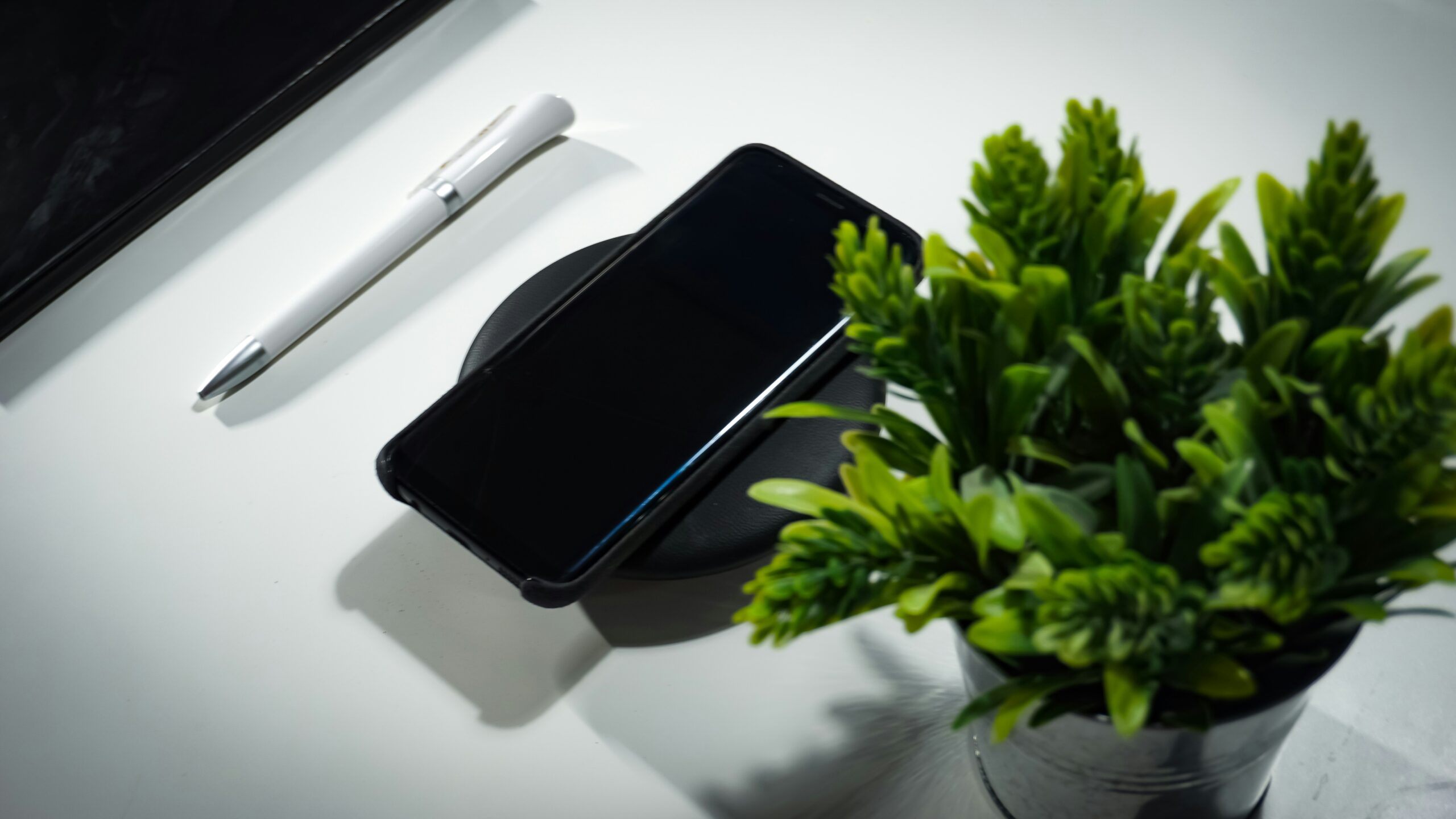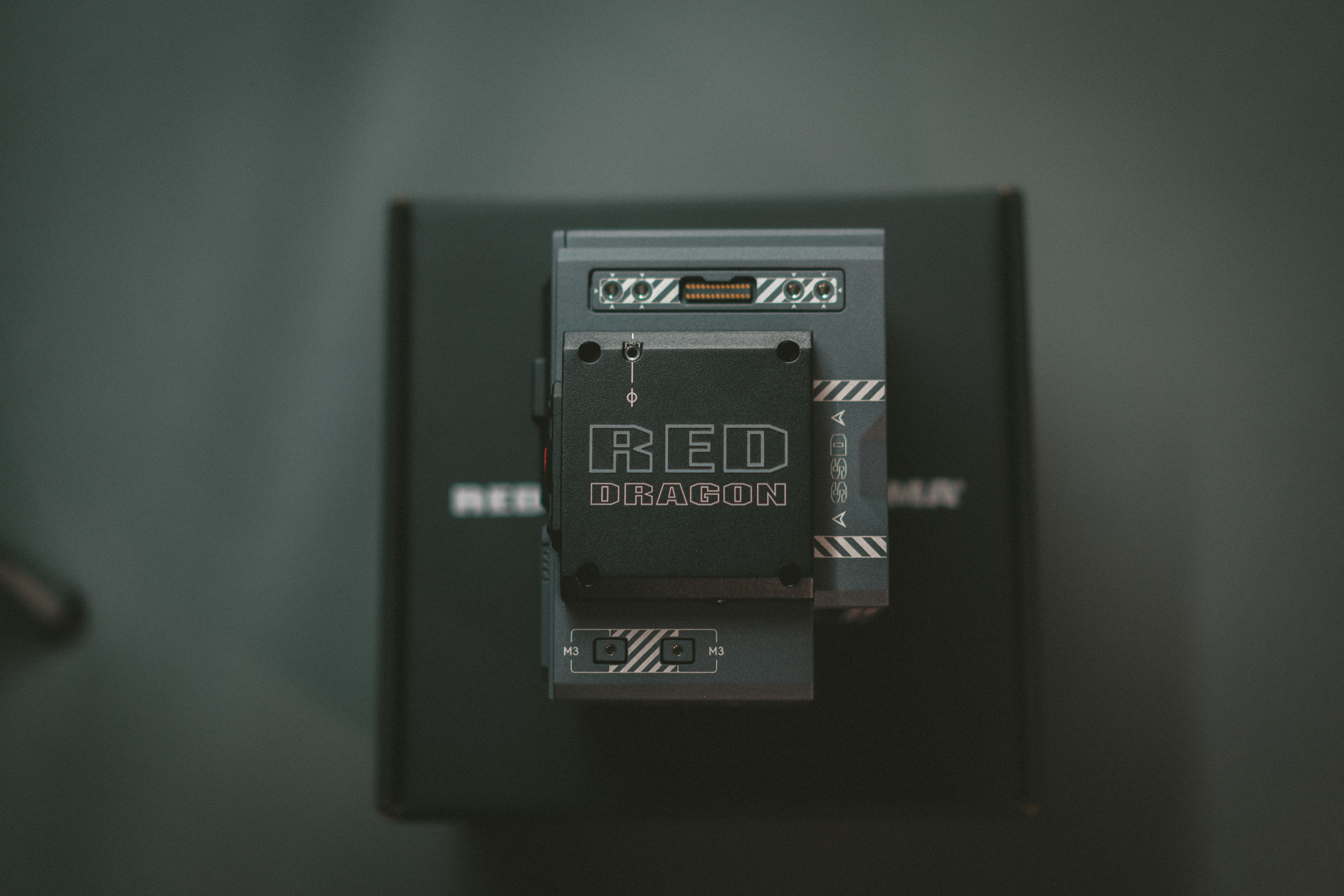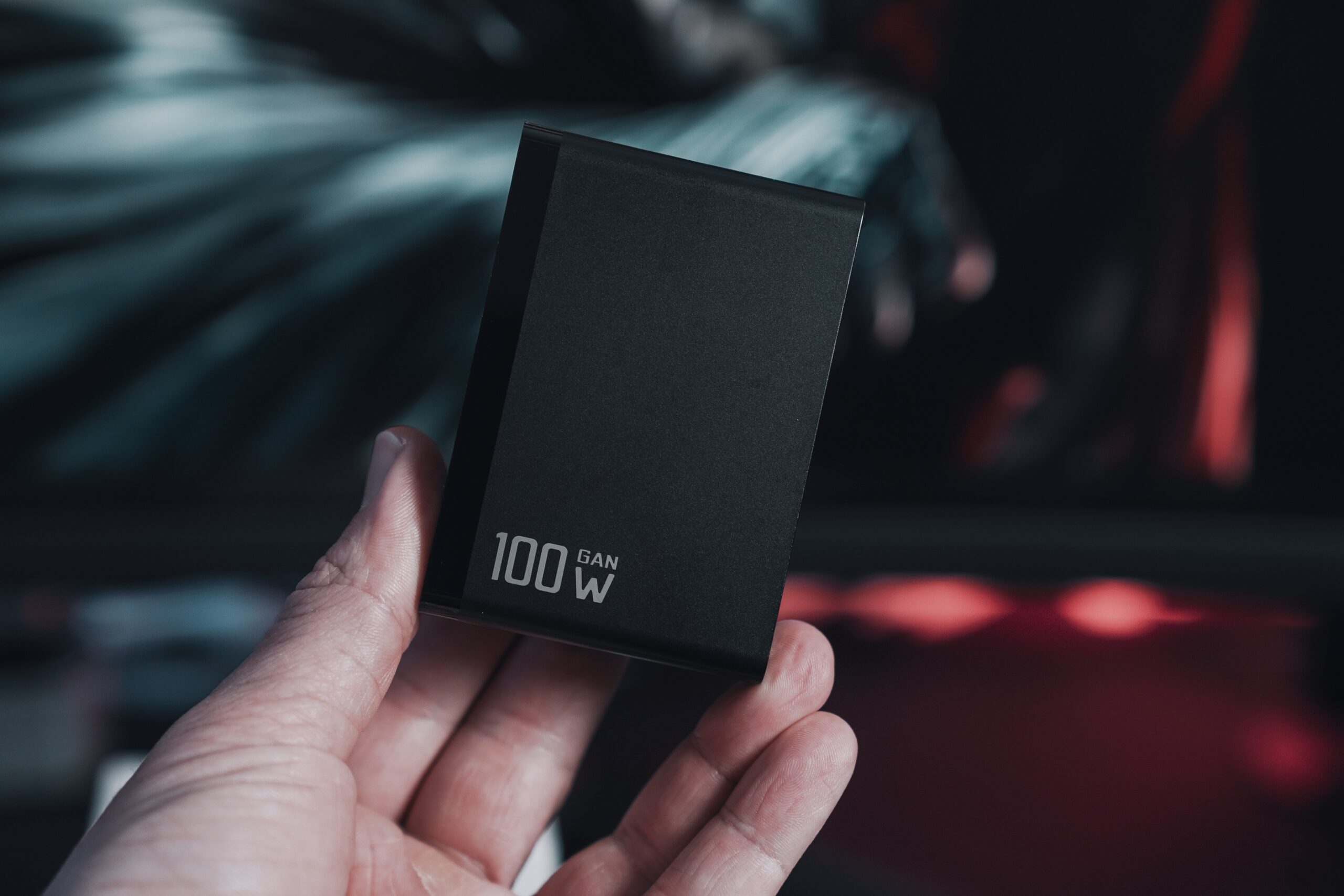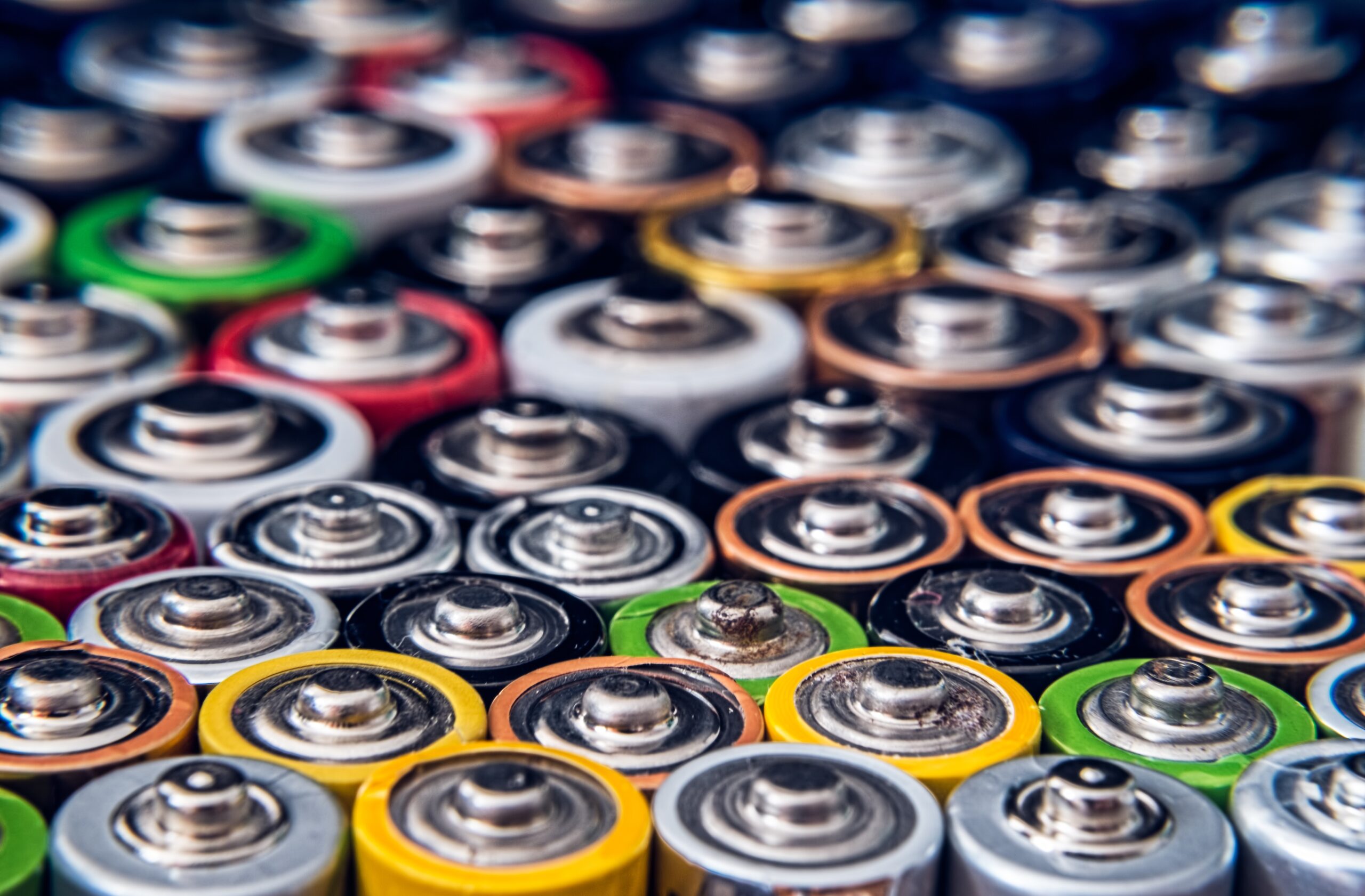Taking Flight: The Advantages of Lithium Polymer Batteries in Airplanes

In the dynamic world of aviation, advancements in technology have led to the adoption of innovative power solutions. Lithium polymer batteries, often referred to as LiPo batteries, have emerged as a groundbreaking energy source for aircraft. In this article, we’ll explore the pivotal role of lithium polymer battery airplane in aviation, their unique advantages, and how they are shaping the future of aerial transportation.
The Evolution of Aircraft Power Systems
Read Also : Enhance Your Ride with Columbus Car Audio: A Sound Revolution
Aircraft have traditionally relied on various power sources, from internal combustion engines to nickel-cadmium batteries. However, the advent of lithium polymer batteries has revolutionized the way we power planes, offering a host of benefits that have made them an integral part of modern aviation.
The Advantages of Lithium Polymer Batteries in Airplanes
Read Also : Elevate Your Drive with Alpine Car Audio: A Symphony on Wheels
1. Exceptional Energy Density
Lithium polymer battery boast an unparalleled energy density, providing a high amount of energy per unit of weight. This translates to longer flight times and improved range for electric and hybrid aircraft, making them a game-changer in the pursuit of sustainable aviation.
2. Lightweight and Compact Design
One of the key advantages of lithium polymer batteries is their lightweight and flexible form factor. They are significantly lighter than traditional battery technologies, contributing to reduced overall aircraft weight. This weight reduction leads to enhanced fuel efficiency and greater payload capacity.
3. High Discharge Rates
Lithium polymer batteries can deliver high levels of power quickly, making them ideal for applications that require rapid acceleration or high-power output, such as take-offs and maneuvers. This capability is crucial for achieving the performance standards expected of modern aircraft.
4. Rapid Charging Capabilities
LiPo batteries can be charged relatively quickly, allowing for faster turnaround times between flights. This feature is particularly valuable in commercial aviation, where efficiency and punctuality are paramount.
5. Enhanced Safety Features
Modern lithium polymer batteries are equipped with advanced safety mechanisms, including built-in protection against overcharging, over-discharging, and short circuits. These safety features minimize the risk of accidents related to battery malfunction.
6. Reduced Environmental Impact
The adoption of lithium polymer batteries in aircraft aligns with the global push for greener aviation solutions. Their high energy efficiency and lower emissions contribute to a reduced environmental footprint compared to traditional aviation power sources.
Applications of Lithium Polymer Batteries in Aviation
Read Also : Powering the Future: The Advantages of 12V Lithium-Ion Batteries
Lithium polymer batteries find applications in various aspects of aviation:
1. Electric Propulsion Systems
In electric and hybrid-electric aircraft, lithium polymer batteries serve as the primary power source for propulsion. They provide the energy needed for electric motors to drive the aircraft’s propellers or fans.
2. Auxiliary Power Units (APUs)
Lithium polymer batteries are employed in APUs to provide electrical power for aircraft systems when the main engines are not running. This is crucial for functions like lighting, avionics, and climate control.
3. Emergency Power Systems
LiPo batteries are utilized as backup power sources in the event of an engine failure or electrical system malfunction. They ensure critical systems remain operational, allowing for safe landings in emergency situations.
The Future of Aerial Transportation
Read Also : Powering the Road Ahead: The Advantages of Lithium-Ion Car Batteries
As aviation continues to embrace electric and hybrid-electric propulsion, lithium polymer batteries will play an increasingly pivotal role. Ongoing research and development in battery technology aim to further enhance the performance and safety of these batteries, propelling the aviation industry towards a more sustainable and efficient future.
In conclusion, lithium polymer battery airplane represent a significant leap forward in aviation technology. Their exceptional energy density, lightweight design, and rapid charging capabilities make them a transformative power source for aircraft. By powering electric and hybrid-electric propulsion systems, these batteries are not only shaping the future of aviation but also contributing to a more sustainable and environmentally conscious industry.




























